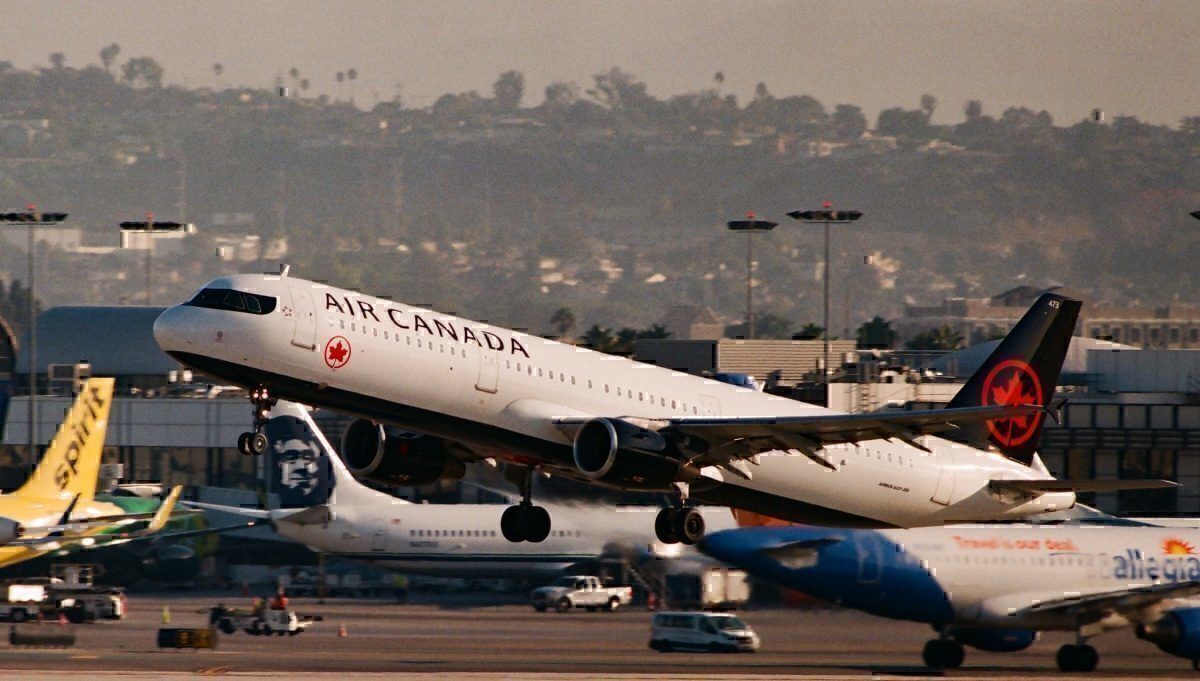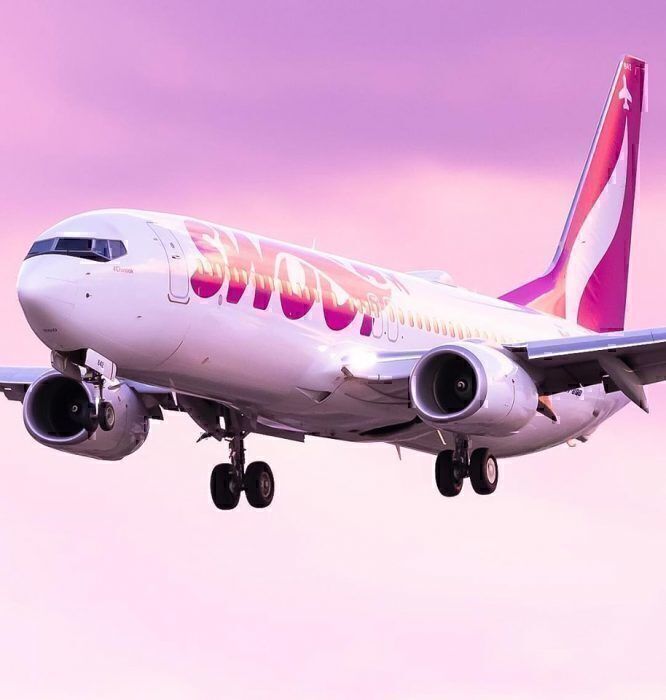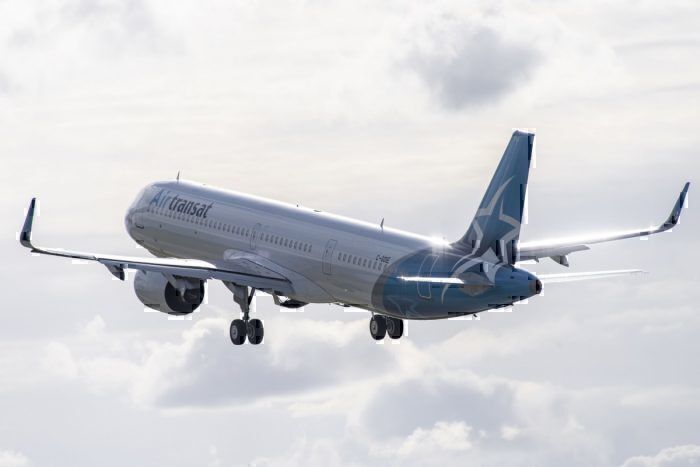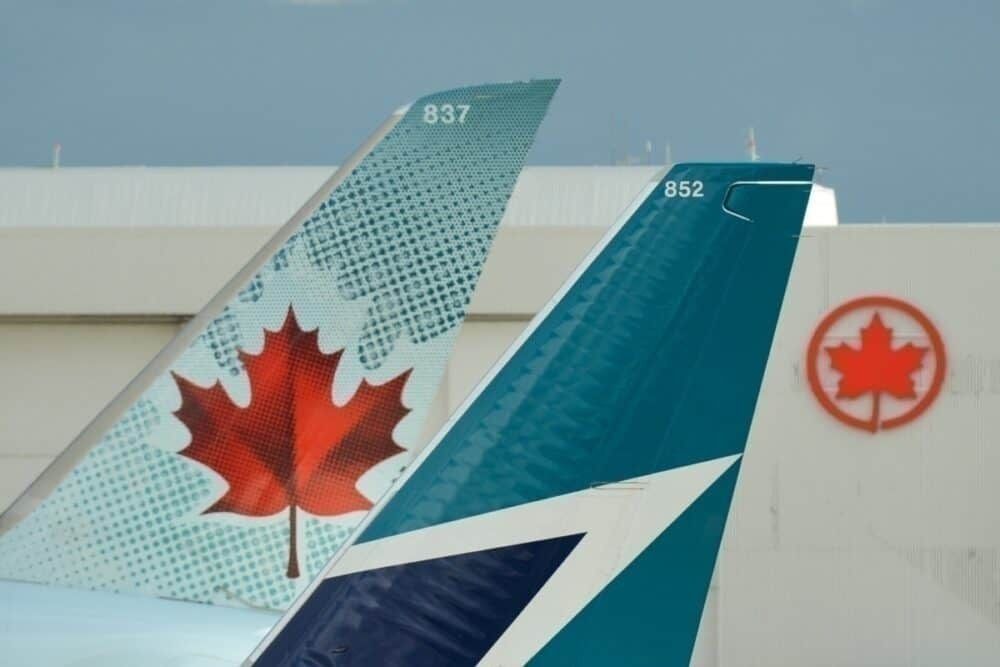**Update: 29/04/20 @ 04:05 UTC – Quote included from Canadian Air Passenger Rights advocate Gabor Lukacs below.**
Recently, we covered the Canadian situation regarding airlines and the provision of vouchers and credit in place of cash refunds. The Canadian Transporation Agency (CTA) had issued a statement on the matter supporting airlines doing this. But last month, a proposed class action was filed in Federal Court alleges that Air Canada (and subsidiary Rouge), WestJet, and three other Canadian operators must provide cash refunds for flights in relation to COVID-19 cancelations, rather than issuing a future credit. So is there merit to this case? Let's take a look.
Details of the lawsuit
Below is a very rough summary of the details of the class-action suit, as published on the EvoLink law firm's website. You can check out their website for the full details, including how to participate.
The class action seeks, among other things, a Court order requiring the airlines to provide monetary refunds and to pay damages to passengers to the following:
- Persons residing anywhere in the world who, before March 11th, 2020, entered into a Contract of Carriage with any of the six airlines.
- This applies to flights operated by the airlines scheduled to commence between March 13th, 2020, until the date the Government of Canada withdraws all travel advisories for COVID-19.
Part of the claim states that all of the defendant airlines failed to provide refunds of money paid under their respective Contracts of Carriage. Instead, airlines implemented new policies (that were never part of the International Tariffs, Domestic Tariffs, or Contracts of Carriage) seeking to keep all money collected, and instead issue (or offer) "travel credits" that are subject to various restrictions.
Additionally, the claim states that the airlines are forcing passengers to forego their fundamental right to a refund and spend their money with the same airline in the future, to purchase travel that they may not wish to undertake any longer, and "likely at a substantially different price."
What's on the other side?
First, we can check out what Canadian law has to say on the issue. This is part of Canada's Air Passenger Protection Regulations (APPR). Since most cancelations took place in late March, we should look at a previous version of the APPR valid between December 15th, 2019 and April 2nd, 2020.
For a delay, cancelation, or denial of boarding outside of the carrier's control (Section 10), the law states that the airline must, among other things, provide alternate travel arrangements in the case of a delay of three hours or more.
It appears that subsequent sections, outlining compensation for disruption within the carrier's control, mention refunds. However, Section 10 (particularly Subsection 3) makes no mention of refunds - only the provision of alternative travel arrangements. This is in line with Air Canada's general international tariff rules issued this past January.
Is there a case?
It's difficult to say - and obviously, we are not lawyers. Among the various legal documents and publications, there might be something we are missing for this discussion. However, this once-in-a-century phenomenon that was COVID-19 probably wasn't considered when airlines wrote their policies, and lawmakers drafted the APPR.
However, it appears that airlines could argue their way out of this instance. The APPR doesn't state clearly that refunds must be issued when a cancelation takes place outside of the carrier's control. There is only the mention of "alternate travel arrangements" - as vouchers could theoretically be considered.
Simple Flying contacted the lawyer in charge of the case but did not hear back at the time of publication. However, Canadian air passenger rights advocate Gabor Lukacs is certain that the class action case has merit and says the following:
"For more than 15 years, the law has recocnigzed the fundamental right of passengers to a refund if their flight is cancelled, even if the cancellation is outside the airline's control. The introduction of the APPR has not changed that. Passengers in that situation still entitled to a refund. Refund means repayment of all amounts paid to the original form of payment."
Conclusion
On the industry side, it does seem like airlines would stand to lose a lot if they had to issue cash refunds for every canceled ticket. Furthermore, if this class action were to succeed completely, they could be out for damages, including those of a punitive nature. At this time, it's difficult to say if any Canadian carriers could go the way of Virgin Australia or subsidiaries of Norwegian Air. Their reluctance to hand out cash refunds could certainly be an attempt to avoid this.
On the other hand, while the lead plaintiff lost out on C$361, others are out thousands of dollars - especially those who planned to travel as large groups. That much money would go a long way during a difficult economic time such as this. European Union and United States regulators seem to be of the opinion that cash refunds must be made if requested by the customer, should the CTA do the same?
Perhaps the best course of action is for airlines to offer better terms such as:
- Bonuses for vouchers that truly reward customers for their patience and understanding. Qatar Airways and others are doing this. But it should be far more than the 10% that Qatar is offering. Perhaps 30-35%?
- The voucher should be transferrable should old age or injury prevent the original ticket holder from traveling
- And it should have longer validity than two years - maybe five?
- A redeemed voucher for a flight that is less than the full amount should be provided as further credit
Our opinion is that if the offer is lucrative enough, it would hopefully bring the number of cash-refund claims down to a level that could be realistically handled by the airline. Ultimately, it's not the fault of the passengers that their paid-tickets were canceled. Nor is it the fault of the airlines. Sadly, the way out of this situation is a messy one that comes with no easy answer.
What kind of compensation would you accept in place of a cash refund? Let us know in the comments.




